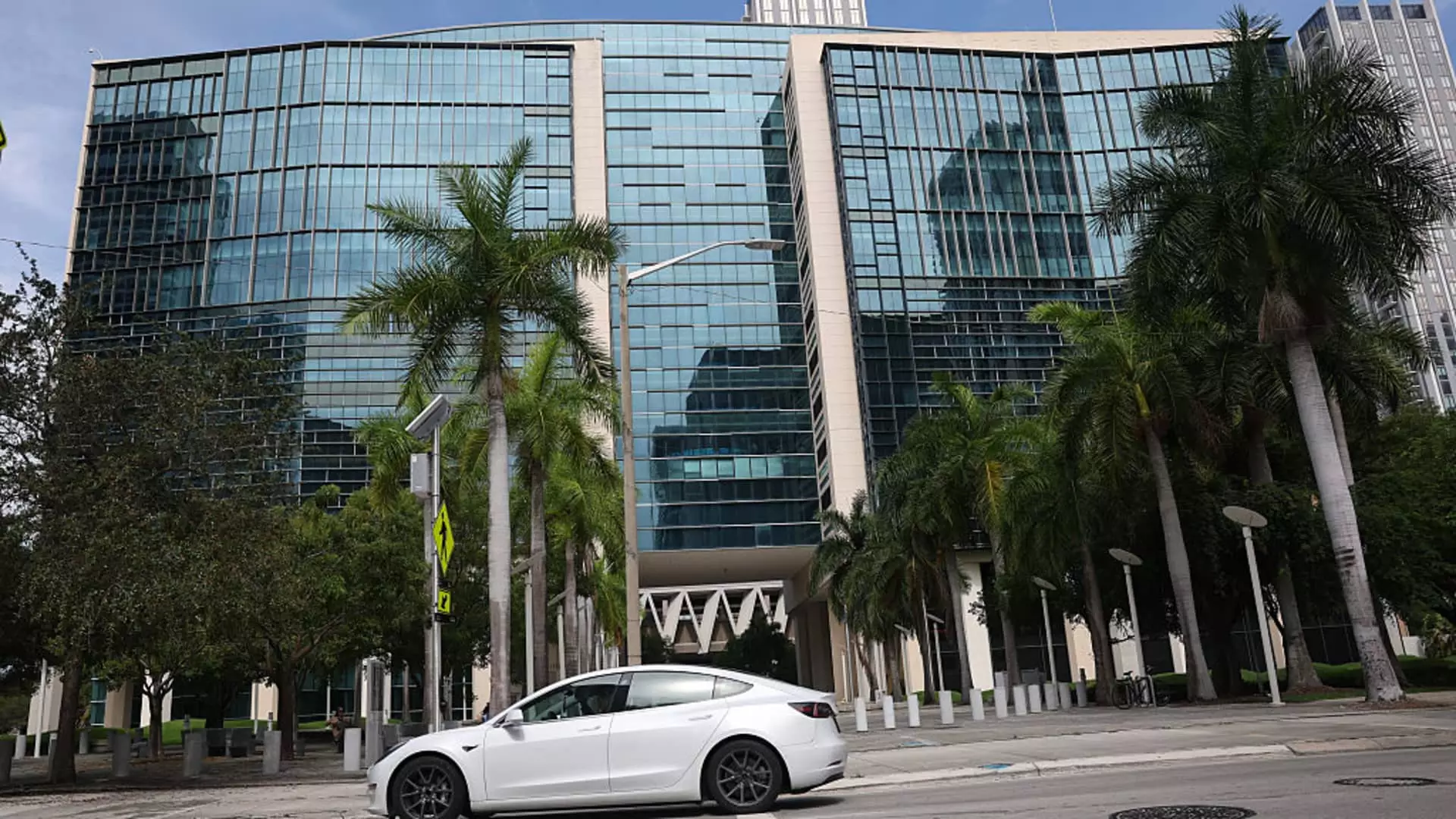The ongoing lawsuit against Tesla underscores a fundamental reckoning with how innovation cavalierly sidelines safety and truth. At its core, this case isn’t just about a tragic loss; it’s a stark indictment of corporate hubris, reckless marketing, and systemic negligence. Tesla, often lauded as the vanguard of clean, autonomous transportation, now stands accused of constructing a false narrative—one that perhaps sacrificed human lives on the altar of profit and technological arrogance.
The tragedy in Key Largo is emblematic of a wider culture within Tesla—one where promises of safety are inflated, and the realities of partial automation become a peril rather than a promise fulfilled. The plaintiff’s demands for over $340 million in damages send a clear message: consumers and victims demand accountability, not just for individual incidents but for systemic misrepresentation.
What is most troubling is the way Tesla’s Autopilot system was marketed and perceived. Elon Musk’s assertions about autonomous capabilities created a false sense of security among drivers, convincing many that they could entrust their lives to partial automations without proper understanding or caution. This case questions whether Tesla’s leaders genuinely grasp the potential consequences of such overconfidence. An automaker that places exaggerated promises above verified safety measures risks creating a scenario where human judgment is undermined, often fatally.
Systemic Deficiencies and the Danger of Overreliance
The core issue lies in the dangerous design flaws within Tesla’s Autopilot system, which purportedly failed to recognize and react appropriately to the situation—ultimately, failing to prevent a foreseeable tragedy. The tragic death of Naibel Benavides shatters the illusion of the system’s infallibility. Her death, alongside the injuries inflicted upon her boyfriend, reflects a harrowing consequence of overdependence on semi-automated tech that remains fundamentally flawed.
More insidiously, Tesla’s approach to safety appears intertwined with a profit-driven narrative that minimizes the importance of proper driver engagement. The company’s messaging—promoting Autopilot as a near-autonomous solution—creates an illusion that humans can relinquish control, which is a dangerous misrepresentation. The fact that the system could mislead drivers into believing they are more protected than they really are challenges the very ethics of truthful marketing.
While Tesla frames this tragedy as a driver error in the courtroom, the broader question is whether the technology itself was sufficiently tested, transparent, and safe before being sold as a measure to save lives. If a jury finds Tesla acted recklessly, it would mean the company prioritized rapid deployment and profit margins over rigorous safety validation—a stance that proves perilous when human lives hang in the balance.
Corporate Accountability or Moral Blindness?
The lawsuit also reveals the peril of corporate complacency in the face of mounting safety concerns and public scrutiny. Tesla’s tendency to settle or dismiss Autopilot-related lawsuits into arbitration—shielding the company from transparency—raises serious questions about accountability. By avoiding public accountability, Tesla erodes trust and perpetuates a culture of complacency.
Tesla’s leadership, with Elon Musk at the helm, has long operated under a cloud of questionable claims—overpromising what Autopilot can do and underdelivering in terms of safety. The plaintiffs’ attorneys point out that Tesla’s own statements have fostered an environment where drivers rely too heavily on the system, often neglecting their legal and moral responsibility. This is a quintessential example of corporate misdirection—where marketing becomes a weapon that endangers lives, rather than a tool for genuine safety.
A verdict against Tesla would not only serve as a wake-up call for the company but also challenge the broader industry to rethink the ethics of automated technology. If the legal system recognizes that Tesla’s development and deployment of Autopilot involved reckless disregard, it could reshape how autonomous and semi-autonomous driving systems are regulated and marketed going forward.
The case thus becomes a moral test—are corporations willing to truly prioritize human safety over the allure of innovation and profit? The answer to that will determine whether this tragedy becomes a catalyst for meaningful change or just another chapter in corporate irresponsibility.


Leave a Reply